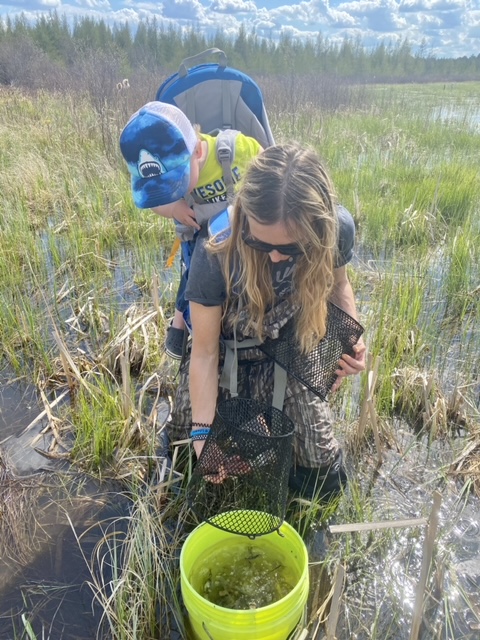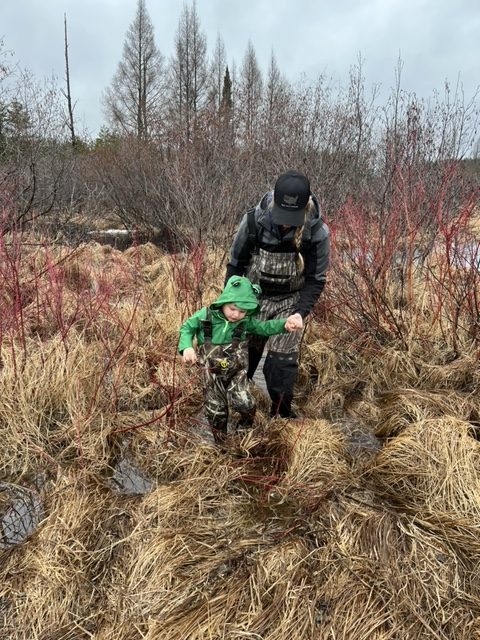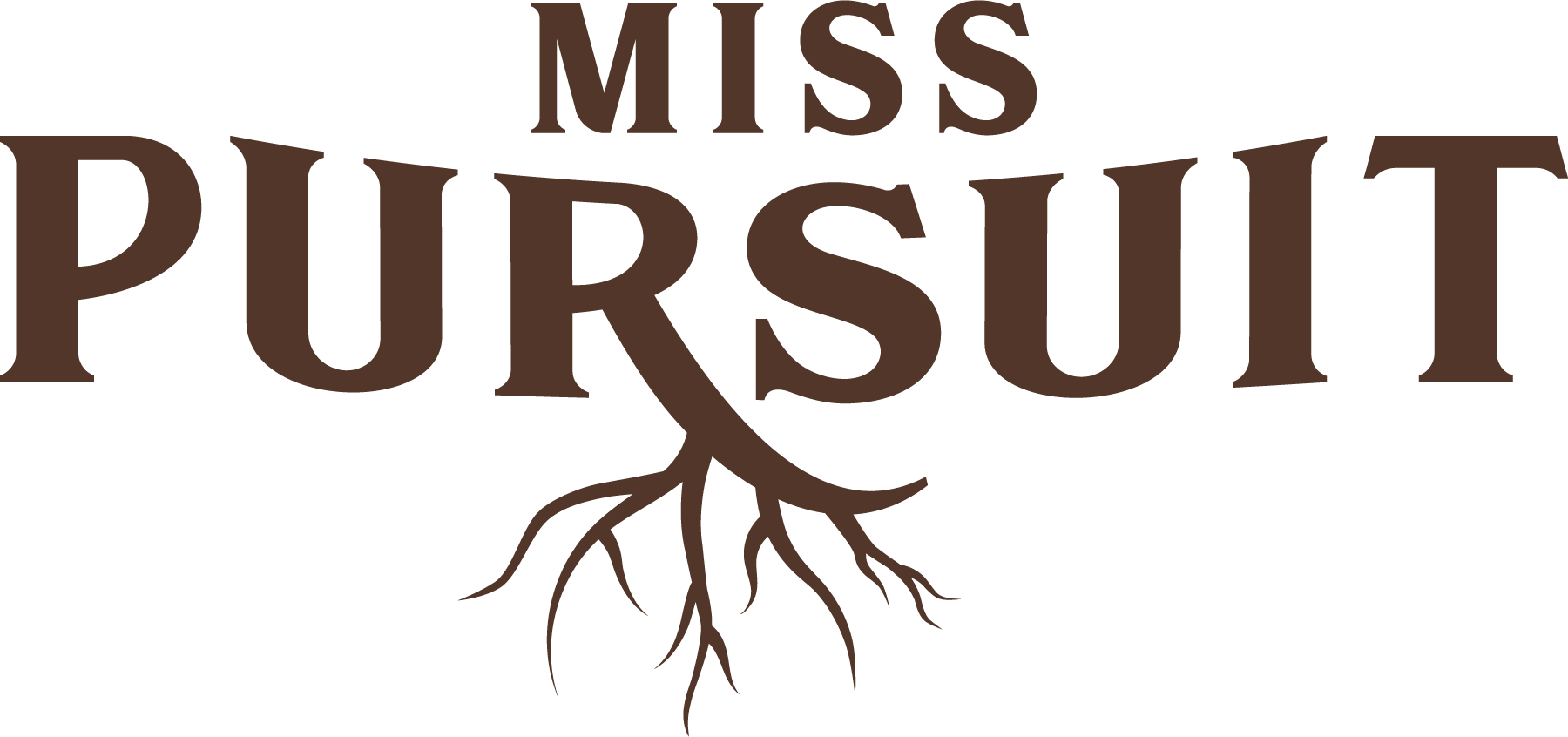We have it easy. No, we really do. Do you ever stop to think about where your minnows came from when you run to the bait shop to buy them? Sure, it is easy to drive there, have them scooped into a bag, pay for them and head out. But do you ever stop to think about the process involved in trapping them? Maybe you’ve said, “gosh that is something I’d like to try”? Well, let’s get you started!
Many of us who minnow trap keep our streams and rivers secret (for good reason). It is like those of us with good fishing spots, you will not hear a peep about where they are located. If you are lucky enough to tag along, remember that the person taking you trusts that you: a. will not tell anyone, and b. will not steal their spot to do trapping of your own.

The Basics of Minnow Trapping
Prepping Your Minnow Traps
Before you begin, you want to make sure you have the proper equipment to hold minnows after you retrieve them from your traps. If you will not be using them right away, you will want to look at creating or buying a holding tank or cooler. For us, we find that either working freezers or non-working freezers work the best. They allow adequate space for the minnows and keep the water cold. If you are using a non-working freezer, you may have to freeze jugs of water to place in the freezer when temps rise.
An old cooler can suffice if the number of minnows you plan on keeping is small. Our freezer is equipped with a pump that has a built-in filter that moves water continuously around and helps to keep the water clean. Typically, we will fill five-gallon buckets with tap water the night before and place them outside for at least 12-24 hours. Once the water is acclimated, we put it into the tanks. We also use a water conditioner called Better Bait, which helps keep our minnows alive longer.
There are various traps you can purchase on the market; we prefer torpedo traps. We use dog food tied into old pantyhose to attract minnows into the trap. I have heard of others who use crackers, cookies, and even foil to attract minnows. Keep in mind, that your traps need to be tended to on a regular basis. In Minnesota, traps must be emptied once every 72 hours from April 1 to October 31, and once every seven days from November 1 to March 31.
On your trap, you need to also include a tag that details your name, address, and fishing license number. Make sure this tag is waterproof. Every state differs with regulations, so make sure to read them before setting traps. If you are looking to sell minnows, you will also need to obtain a commercial dealer’s license.

Placing Minnow Traps
Minnows love moving water. You will want to place your traps into pools of water or bends in the stream. Minnows will tend to rest in areas where the water is moving slower and make their way into the traps. Make sure that the openings on your trap are facing the moving water (not sideways) so the minnows can naturally swim into the trap.
Picking Up Minnow Traps
When we retrieve our minnows, we bring along the water in an old cooler with a bubbler. Our Frabill bait station with built-in bubbler also works very well. Remember, the faster you can get minnows home into your holding tank the better. Keep in mind on extremely hot days, it is very stressful for the minnows to be in small, stagnant water. Lastly, make sure to have fun with it!
We love taking our son out with us to retrieve the traps, and he loves watching his fish. It can be some of the most peaceful time you will spend in the outdoors, watching minnows swim around you while the water flows. Enjoy!
Commonly asked questions about minnow trapping:
What to put in a minnow trap?
To attract minnows into a minnow trap, you can use a variety of bait options. Here are some commonly used bait suggestions:
- Bread: Small pieces of bread can be effective in attracting minnows into the trap. Break the bread into small chunks or crumbs and place them inside the trap.
- Breadcrumbs: Similar to bread, breadcrumbs can be sprinkled inside the trap to entice minnows with their scent and texture.
- Fish Food: Commercially available fish food pellets or flakes specifically designed for small fish, including minnows, can be used as bait. Place a small amount of fish food inside the trap to attract minnows.
- Cat Food: Some anglers have found success using wet cat food as bait. The strong smell of the cat food can attract minnows to the trap.
- Canned Corn: Drain the liquid from a can of corn and place the corn kernels inside the trap. The bright color and scent of the corn can be appealing to minnows.
What is the best way to trap minnows?
The best way to trap minnows is by using a minnow trap specifically designed for this purpose. Place the trap in shallow water with vegetation or near structures where minnows congregate. Bait the trap with items like bread, fish food, or canned corn to attract the minnows. Leave the trap undisturbed for a period of time, then check it periodically to collect the captured minnows.
How effective are minnow traps?
Minnow traps can be highly effective in capturing minnows. When properly baited and placed in suitable locations, these traps attract and entice minnows to enter. Their design typically includes an entrance funnel that makes it easy for minnows to swim in but difficult for them to find their way out. However, the effectiveness of a minnow trap can also depend on factors such as the type of bait used, the location of the trap, and the behavior of the minnows in the specific environment.
How long do you leave a minnow trap in the water?
The recommended duration to leave a minnow trap in the water can vary. Typically, it's suggested to leave the trap for a few hours or overnight. Minnows are more active during certain times of the day, such as early morning or evening, so adjusting the trap duration accordingly can increase the chances of success. It's important to periodically check the trap to prevent overcrowding of captured minnows or to avoid extended exposure to sunlight or extreme temperatures that could harm the trapped minnows.
What is a minnow trap?
A minnow trap is a device designed to capture minnows, small fish commonly used as bait for fishing. It is typically constructed with wire mesh or netting and shaped like a cylinder or cone. The trap has an entrance funnel that allows minnows to swim in but makes it difficult for them to escape. Minnow traps are commonly used by anglers and fish enthusiasts to catch live minnows for bait or for study purposes.
